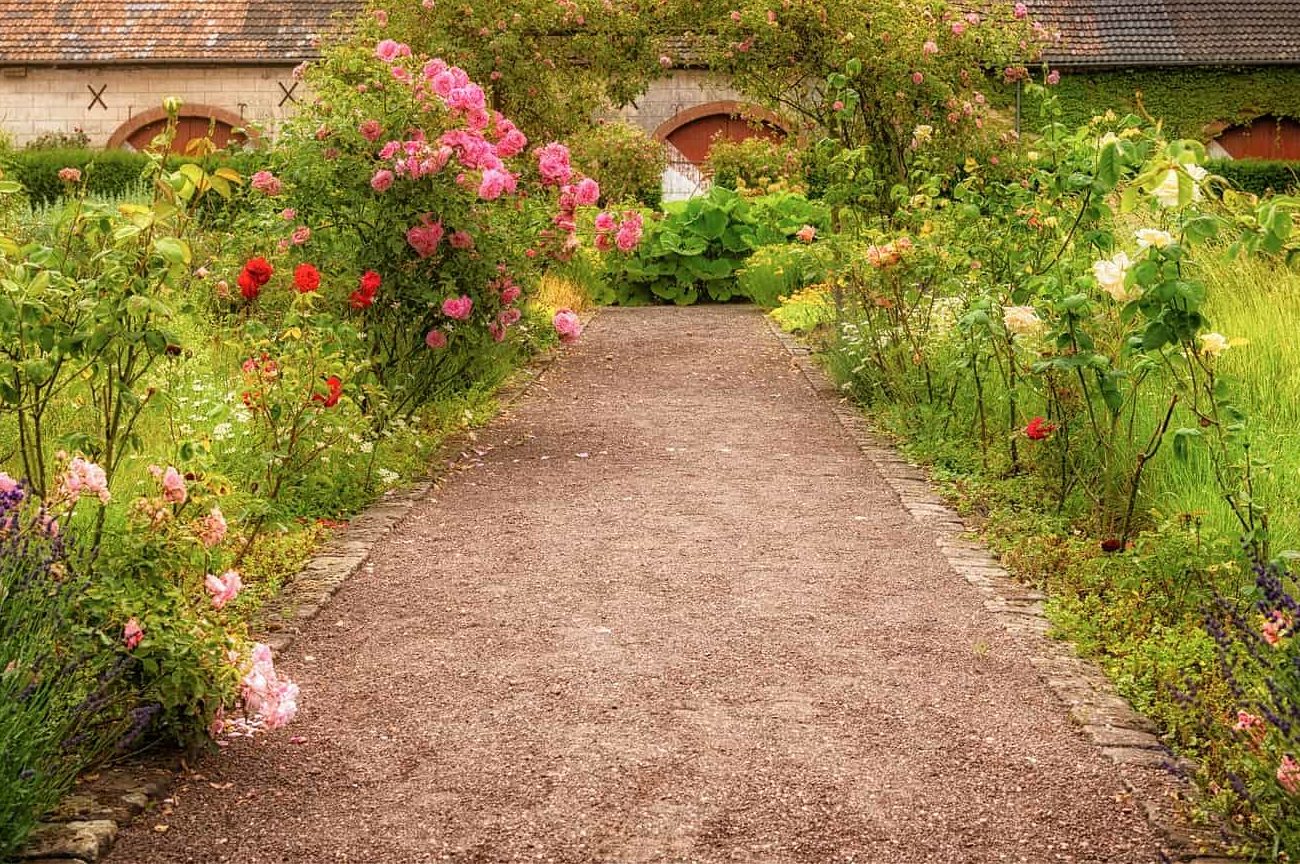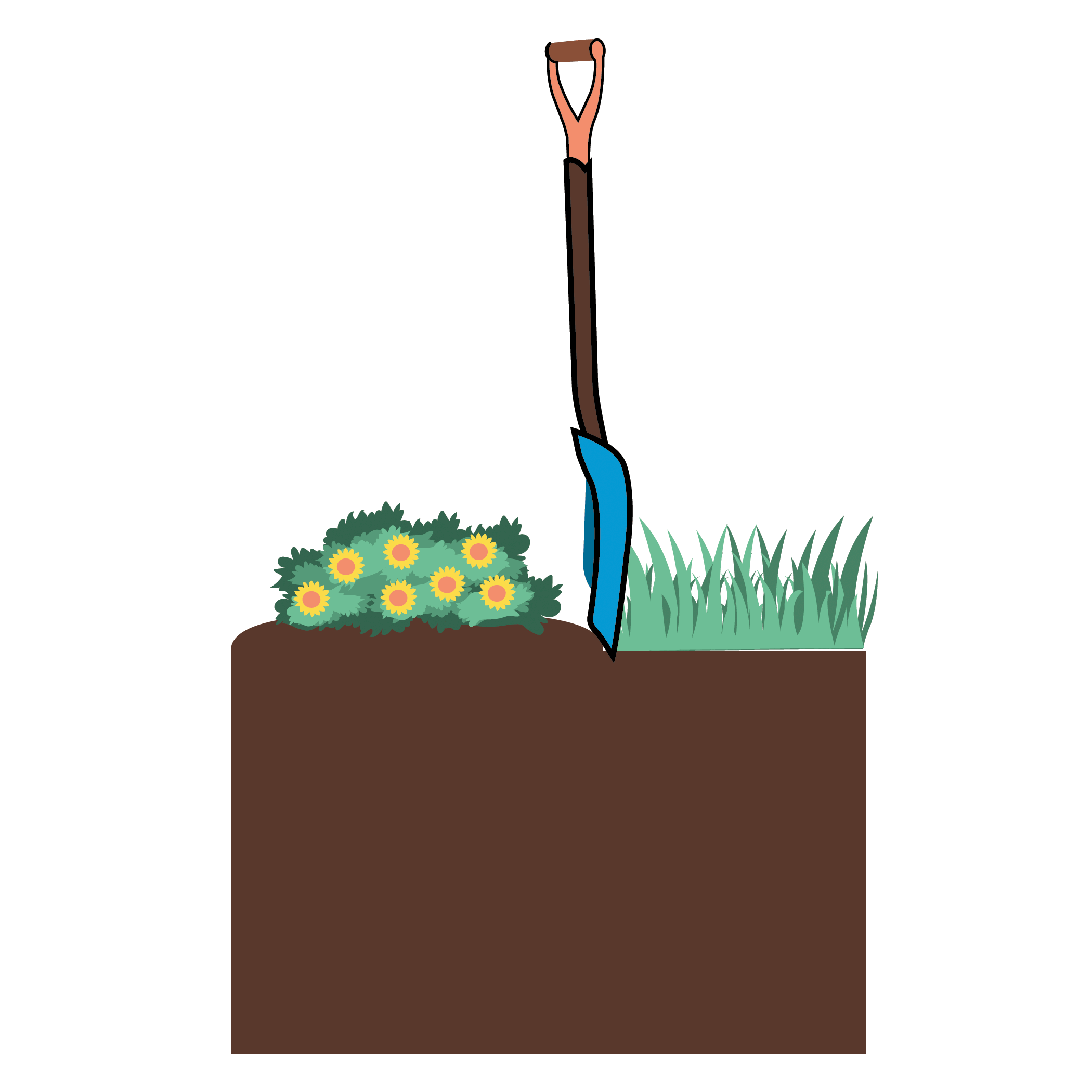Creating Borders with Landscape Edging

plastic landscape edging
What is Landscape Edging?
Landscape edging is any type of barrier or border between your landscape beds, lawn, driveway, patio, walkways, pools, property lines, etc. Mainly used by residential landscapers or homeowners to separate your lawn from your landscaping/garden beds.
Adding edging to your landscaping can help prevent overgrowth by creating a definite barrier for plants to overcome. When combined with mulch or stone, the edge helps prevent weeds by keeping the mulch/stone in place in the beds.
Is Landscape Edging Necessary?
The short answer is no, you can get away without having it. However, your landscaping will not look as nice or as finished as it could be. You also run the troubles of slowly losing mulch, stone, or soil from the beds over time. If you don’t want the landscaping mixing in with the path or yard, you should install an edge.

landscape edging using bricks
What is the Best Type of Edging to Use for Your Landscaping?
Popular Types of Landscape Edging:
• Brick
• Shovel edge
• Cut wood
• Natural wood
• Metal
• Plastic
• Natural rock
• Decorative fencing
The best type of edging depends on your landscaping, environment, climate, type of home/building, and personal preference. Shovel edging is the only one that needs to be redone regularly (typically each Spring), however, it is the least expensive, easiest to install, and fits most styles of landscapes/homes. Natural rocks or bricks will outlast most other types of edges, but don’t always fit the existing style of landscaping/building.
Pick a type of edge that fits your landscaping and looks good with the type of home/building. Also consider if you have the time and energy to replace it when it comes to the end of its life, or pick one with a longer lifespan. Another consideration if you’re installing a new edge in existing landscaping is if it will disturb the flora during installation.
 How to Install Landscape Edging (using a shovel)
How to Install Landscape Edging (using a shovel)
1. Decide how you or your customer wants their edged to be shaped (straight and boxy or curved)
2. Draw your edges a few inches into the lawn
a. Use a string tied taught between two stakes to create the guide for straight edges
b. Use a can of temporary, fast-drying, water-based spray paint (like Krylon® Marking Chalk) to draw the line for curved edges
3. Grab a flat shovel – no curve or lips on the sides
4. Start at one end of the landscaping bed and place the shovel on your line (you should be standing on the lawn facing the landscaping bed)
5. Push the shovel into the ground 3-6 inches depending on how deep you want your edge (use your foot if the ground is tough)
6. Pull the handle of the shovel away from the bed towards yourself until the “cut” separates from the lawn
Posted on August 31, 2021
Looking for more landscaping jobs?
There’s an app for that.
Download our free landscaper app to book and manage landscaping, lawn care, and snow removal jobs anytime, anywhere.





